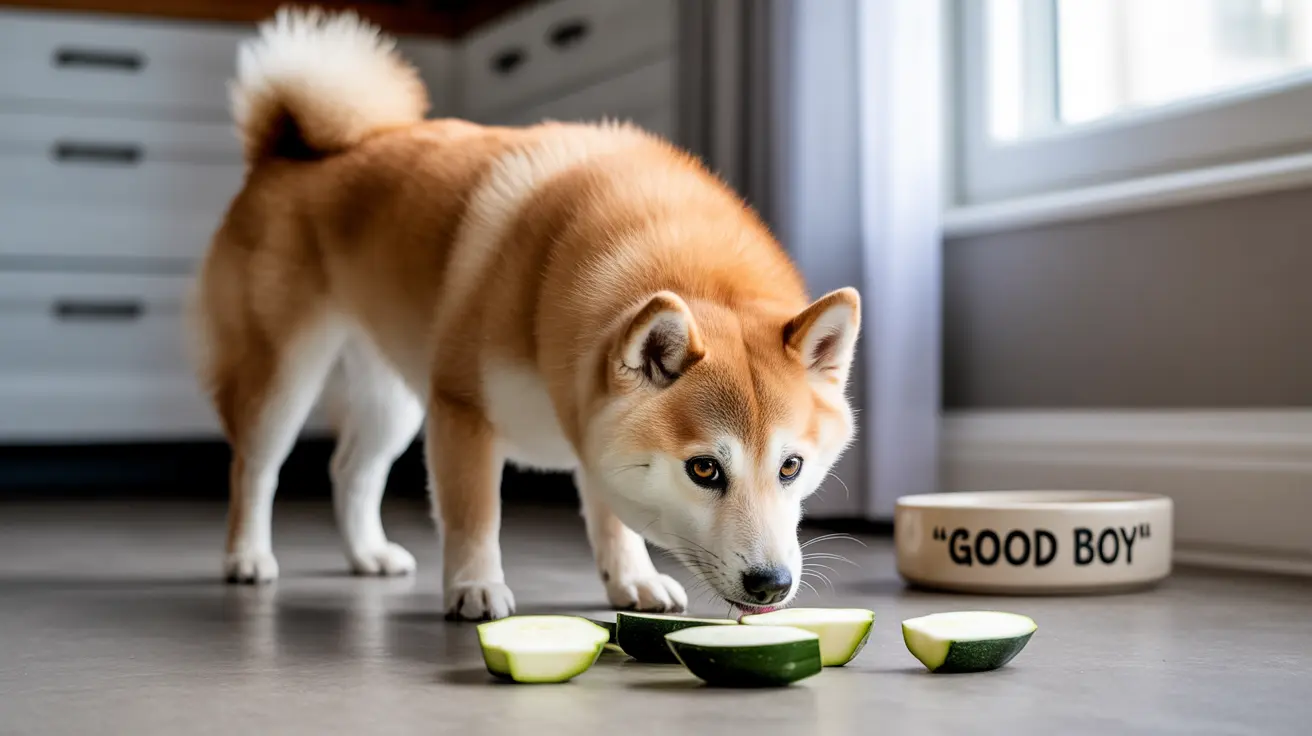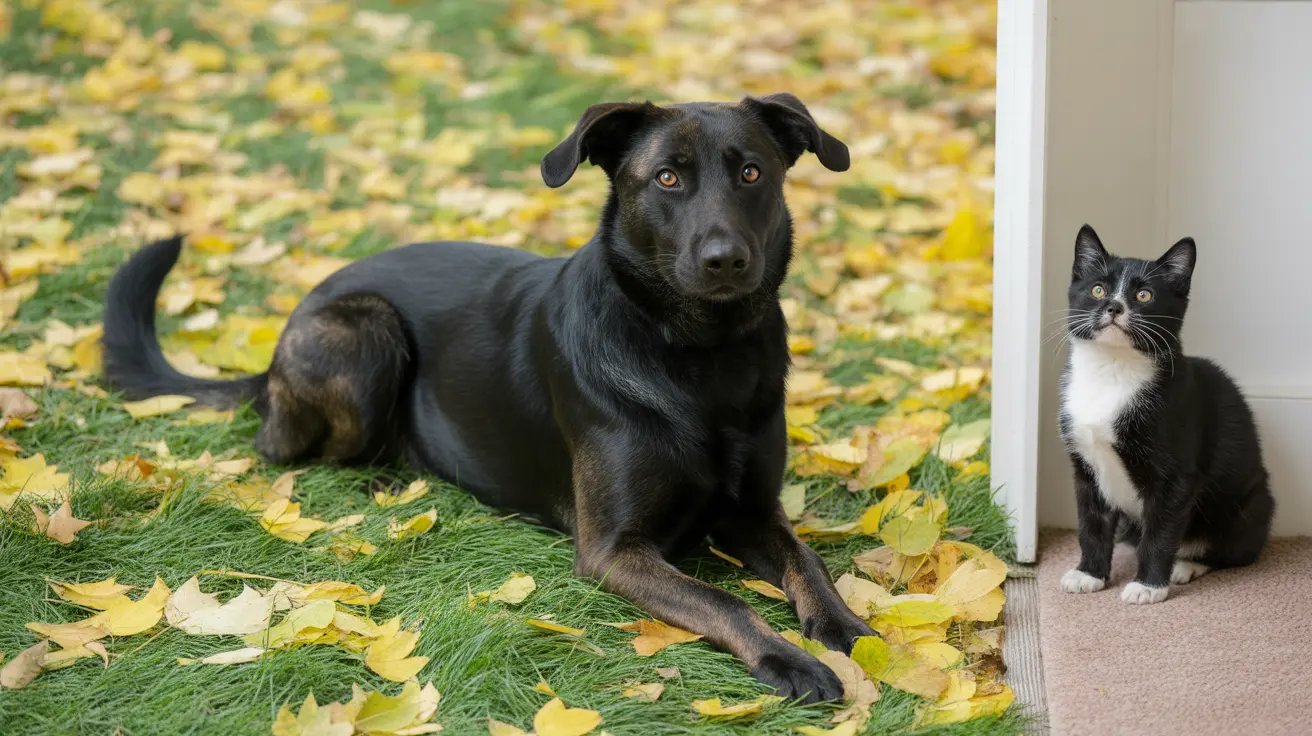Many pet parents wonder about incorporating healthy vegetables into their dog's diet. Understanding which vegetables are safe and how to serve them properly is crucial for your pet's health and wellbeing. Let's explore the safety and benefits of feeding zucchini and other nutritious vegetables to your canine companion.
Is Zucchini Safe for Dogs?
Yes, zucchini is completely safe for dogs to eat and offers numerous health benefits. This versatile vegetable is low in calories and packed with essential nutrients that can support your dog's overall health. Unlike some other vegetables that require careful preparation, all parts of the zucchini - including the skin, flesh, and seeds - are safe for canine consumption.
When feeding zucchini to your dog, remember these key points:
- Serve it plain without seasonings, oils, or butter
- Cut into small, manageable pieces to prevent choking
- Choose fresh zucchini over canned varieties
- Introduce gradually to avoid digestive upset
Health Benefits of Feeding Dogs Zucchini
Zucchini offers several nutritional advantages for dogs:
- High in fiber for digestive health
- Rich in vitamins A and C for immune support
- Contains potassium and antioxidants
- Low in calories, making it perfect for weight management
- High water content for hydration
Can Dogs Have Peas and Carrots?
Peas and carrots are both excellent vegetable choices for dogs when served appropriately. These vegetables provide essential nutrients and can be wonderful additions to your dog's diet, whether homemade or commercial.
Benefits of Peas for Dogs
Peas offer significant nutritional value for dogs:
- High in protein and fiber
- Rich in vitamins A, K, and B complex
- Contain minerals like iron and zinc
- Low-calorie treat option
- Support digestive health
Are Peas and Carrots Good for Dogs?
The combination of peas and carrots creates a nutrient-rich supplement to your dog's regular diet. Carrots provide beta-carotene for eye health and dental benefits through chewing, while peas offer protein and essential vitamins. However, moderation is key - these vegetables should make up no more than 10% of your dog's daily caloric intake.
Safe Preparation Methods
To maximize benefits and ensure safety when feeding vegetables to your dog:
- Wash thoroughly to remove pesticides and dirt
- Cut into appropriate sizes based on your dog's size
- Steam or lightly cook for easier digestion
- Avoid adding seasonings or oils
- Serve at room temperature
Frequently Asked Questions
Can dogs eat zucchini, and is it safe for them to consume raw or cooked?
Yes, dogs can safely eat zucchini both raw and cooked. While both forms are safe, cooked zucchini is often easier for dogs to digest. Always serve plain, without seasonings or oils.
How much zucchini, peas, or carrots can I safely feed my dog in homemade meals?
Vegetables should make up no more than 10-25% of your dog's daily food intake. For most dogs, this means 2-3 tablespoons of mixed vegetables per 20 pounds of body weight per day.
Are peas or carrots good for dogs, and what are the specific health benefits?
Yes, both peas and carrots are beneficial for dogs. Peas provide protein, fiber, and vitamins, while carrots offer beta-carotene, fiber, and dental benefits through chewing.
What is the best way to prepare zucchini, peas, or carrots for my dog to prevent choking and improve digestion?
Cut vegetables into small, bite-sized pieces appropriate for your dog's size. Steam or lightly cook them without seasonings. For carrots, you can serve them raw as treats or cooked in meals.
Can feeding my dog too many vegetables like zucchini, peas, or carrots cause any health problems?
Yes, overfeeding vegetables can cause digestive issues like gas, diarrhea, or stomach upset. Stick to the recommended portions and introduce new vegetables gradually to monitor your dog's tolerance.






